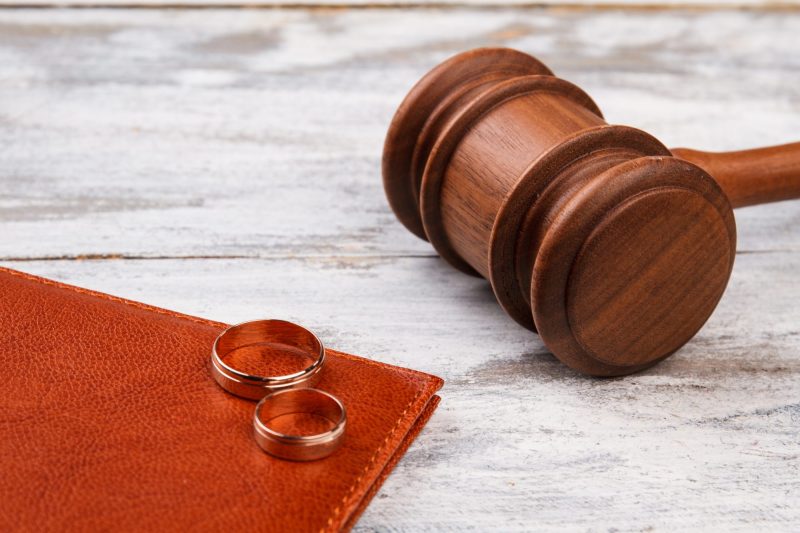By Paul Coble, Rose Law Group IP & AI Dept. Chair | Phoenix Business Journal
On May 21, Gov. Katie Hobbs signed emergency House Bill 2394 into law in an attempt to curb the growing threat of digital impersonations created by artificial intelligence. The statute, ARS 16-1023 – the “Anti-Deepfake Statute” – is aimed at protecting Arizonans from being damaged by fake images of themselves as well as restricting the use of damaging impersonations in elections.
These are worthy, and indeed necessary, protections with the growing ubiquity of generative-AI tools. There’s a problem: it won’t work as intended. Several gigantic gaps in the Anti-Deepfake Statute make it ineffective for a large majority of the cases it was intended to help.
Most victims won’t get any actual relief. The Anti-Deepfake Statute provides three categories of relief: declaratory relief, injunctive relief, and damages. In most cases – including impersonations of political candidates and those showing the subjects nude or engaged in crimes, mild sexual acts and reputation-damaging activities, only declaratory relief is available, according to the statute. That means no injunction, no damages, and no real relief.
The last two categories – injunctive relief and damages – are available only for deepfakes of people who are not public figures, that are excessively sexual, and for which the publisher did not take “reasonable corrective action” after learning the impersonation was unauthorized, according to the statute.





